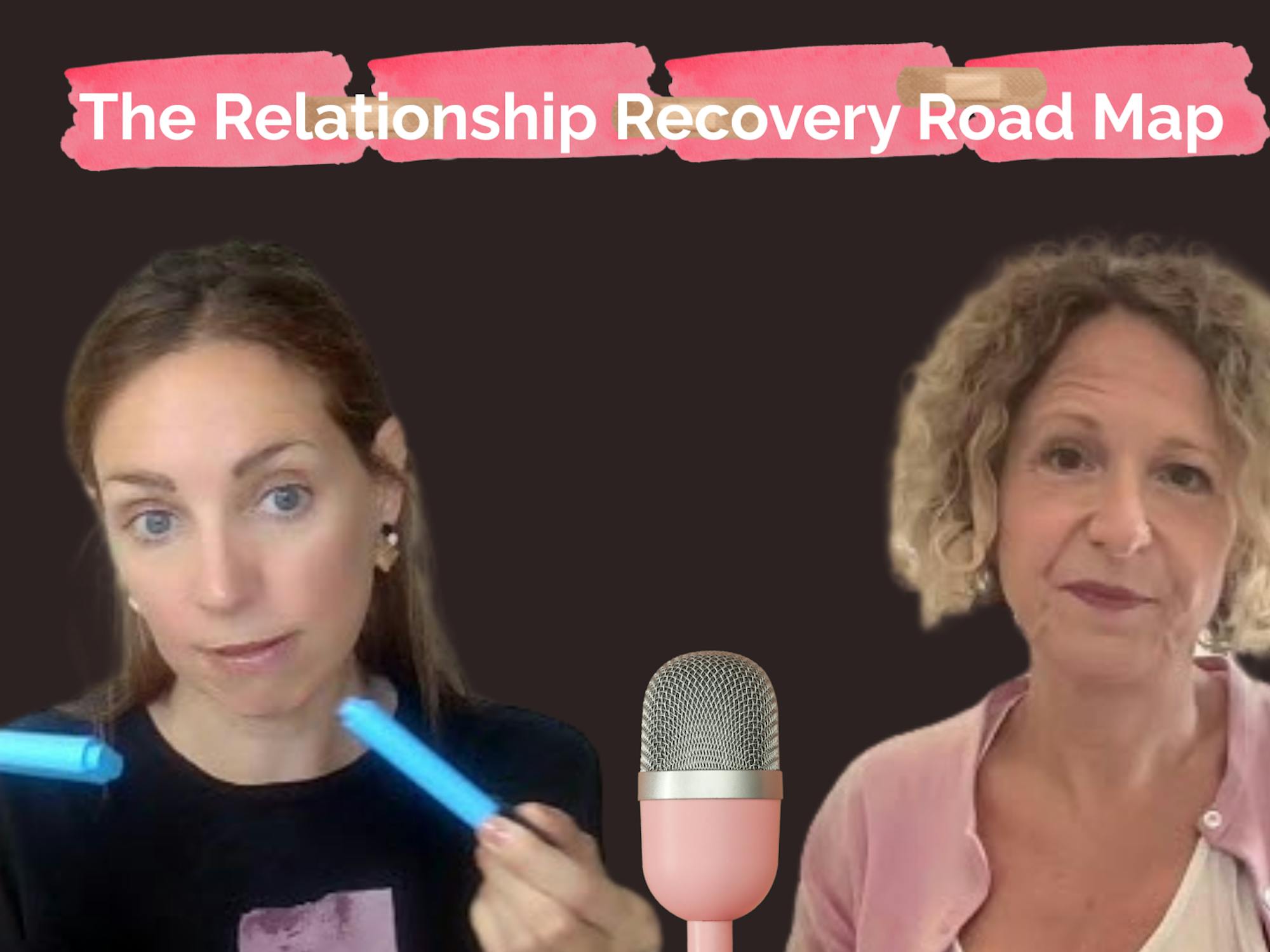Quiet quitting, the silent goodbye
During a survey we carried out here at Aligned with Love, we found that over 38% of participants were actively considering breaking up with their partner. Let’s take a look at a common break-up technique that has gone viral on social media and discuss the best ways in which we believe a break-up can be carried out.

Quiet quitting a relationship involves individuals gradually distancing themselves emotionally and physically from their partner, leading to the end of the relationship. Individuals often choose to quiet quit to avoid the turmoil of arguments or openly admit to a disconnect.
Chris Evans has recently admitted to experiencing this from a partner and has spoken about the emotional impact this had on him, stating “I’ve had the slow decline in text responses, and you just know the person is pushing you aside”.
This may sound like an easy way out of a relationship that’s just not working for many but what might be the long term impact for the partner involved?
Questioning the relationship, and ourselves
Quiet quitting can involve a lack of commitment, dedication, and love for up to months at a time prior to the end of the relationship. It may leave us with a feeling of a lack of care or even neglect leading to a sense of uncertainty.
The subtle changes in a partner’s behaviour and the dwindling emotional connection leave a person questioning the relationship and even their own actions. The lack of clear communication and closure can evoke a deep sense of confusion, leading to heightened anxiety and maybe even long-term anxiety issues. The partner may find themselves desperately seeking clarity in an attempt to make sense of the situation.
As the partner senses the emotional detachment, it will trigger feelings of betrayal and abandonment, possibly agitating wounds from the past. The absence of open and honest communication can foster a deep sense of mistrust, leaving the partner questioning the authenticity of the whole relationship. This loss of trust can have long-lasting emotional consequences and make it challenging for the partner to enter into future relationships with a sense of security.
Individuals who have experienced this may hold onto feelings of distrust and struggle to form long-term relationships due to the fear that their future partner will disconnect from the relationship in a similar way, leaving the relationship with trust issues on both sides. It can inflict a significant blow to the partner’s self-esteem and self-worth. They may internalise the diminishing attention and emotional withdrawal as a reflection of their own inadequacies or unworthiness.
The mixed signals and sudden distancing create a whirlwind of emotions. They may swing between hope and loss, clinging onto fading memories of happier times while accepting the reality of the fading connection. This emotional turbulence can lead to feelings of sadness and frustration.
Impacts on both parties
Quiet quitting won’t just have a negative emotional impact on the partner being withdrawn away from. When we choose to quietly quit a relationship, we ignore our emotions. We suppress our desires, disappointments, and frustrations, opting to keep them locked away deep within ourselves. However, this internal burden can weigh heavily on our emotional well-being. Unexpressed emotions can lead to a sense of isolation, as we find ourselves unable to authentically share our feelings with our partner.
As we gradually withdraw from the relationship, a subtle disconnection starts to take hold. We may find ourselves communicating less frequently, avoiding meaningful conversations, or even engaging in superficial exchanges. leaving both parties feeling distant and disconnected.
As we navigate the process of quietly exiting a relationship, we may experience pangs of guilt for not being completely transparent with our partner. The weight of this guilt can make it difficult to find closure.
What’s the alternative?
With recent studies showing that men are more likely to experience mental health issues soon after going through a break-up, we want to make sure that the break up is a learning process for both parties. Breaking up is always hard but with the right guidance, we can navigate this process in the best possible way.
Honesty as the Foundation: The cornerstone of a healthy breakup is honesty. It is crucial to be transparent and sincere about your feelings, concerns, and reasons for wanting to end the relationship. Avoiding deception or sugar-coating the truth only prolongs the pain and hinders the healing process. Be compassionate but clear in expressing your emotions and intentions, providing your partner with the opportunity to understand and process the situation.
Choose the Right Time and Place: Timing and setting can significantly impact the emotional impact of a breakup. Select a private and comfortable space where you can have an open and uninterrupted conversation. Avoid choosing a time when either of you is stressed or preoccupied, as it may exacerbate the emotional strain. By setting the stage for a calm and focused dialogue, you create an environment that encourages understanding and mutual respect.
Active Listening and Empathy: Breaking up is not just about conveying your own perspective; it is also about actively listening and empathizing with your partner’s emotions and reactions. Provide them with the space to express their thoughts and feelings without interruption. Show genuine empathy and validate their emotions, even if it’s difficult to hear. Active listening can help foster a sense of closure and enable both parties to find solace in having their experiences acknowledged.
Avoid Blame and Criticism: It is essential to approach the breakup without assigning blame or engaging in criticism. Blaming each other only fuels hostility and prolongs the healing process. Instead, focus on expressing your own emotions and personal growth needs, emphasising that the decision to end the relationship is about the compatibility and fulfilment of both individuals involved. By avoiding blame, you can create an environment that encourages understanding and respect, paving the way for a more amicable separation.
Establish Boundaries and Communication Guidelines: Setting clear boundaries and communication guidelines can aid in the transition from being romantic partners to separate individuals. Discuss how you would like to navigate post-breakup interactions, whether it’s taking a temporary period of no contact or establishing new boundaries around shared spaces and mutual friends. Openly discussing and agreeing upon these guidelines can help avoid confusion and unnecessary emotional entanglement.
Seek Support and Self-Care: Breaking up can be emotionally draining, so it’s important to prioritise self-care and seek support from trusted friends or family members. Surround yourself with a supportive network that can provide guidance, a listening ear, and a safe space to process your emotions. Engaging in self-care activities, such as exercise, therapy, or pursuing personal interests, can aid in healing and rebuilding your emotional well-being.
Thinking about breaking up with your partner or struggling to form deep-meaningful connections? Head over to our page and get in touch to see how we can support you through this challenging period – you don’t have to do this alone!
- Quiet Quitting
- Therapy
- Relationship Support
- Couples Counselling



